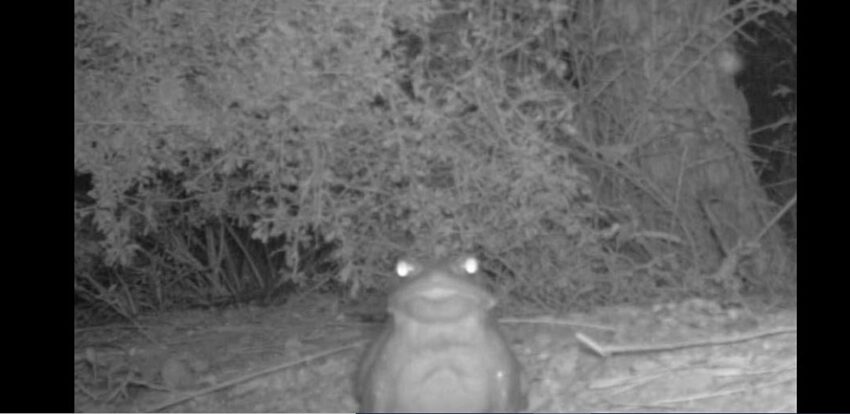Toads Can Be Toxic If Licked According To National Park Service
I didn’t realize that licking toads was a thing but the National Park Service is warning people that licking a certain kind of toad could have dire consequences.
Infestation Of Poisonous Toads Has Florida Residents Calling Pest Control Specialists To Remove The Hoards
One variety of toad, in particular, to be watched out for in Washington State is the Sonoran desert toad (Bufo alvarius) – also known as the Colorado River Toad.

Why is this toad worrisome?
According to the National Park Service, these toads have prominent parotoid glands that secrete a potent toxin. It can make you sick if you handle the frog or get the poison in your mouth.
Infestation Of Poisonous Toads Has Florida Residents Calling Pest Control Specialists To Remove The Hoards
I’ve never heard of toad licking but it’s become a serious issue among young people, especially in Arizona.
The Arizona Addiction Center explains:
Toad licking is an act carried out by people to induce hallucinations. It involves licking the back skin of a toad or extracting those secretions a toad coats its back with, to take in the secreted compounds. Although this sounds completely disgusting, users are more than happy to do it because of the feelings they claim it can generate. In simpler terms, people do it to get high.
The National Park Service posted on their Facebook, warning of sniffing and licking things that you find in the national parks.
credit: national park service
The National Park Service says the Colorado River Frog is one of the largest toads found in North America, measuring nearly 7 inches (18 cm) and you’ll be able to identify its call as a “weak, low-pitched toot, lasting less than a second.”
If you see this toad in the parks around Washington State, best to avoid it.
WATCH OUT: These are the deadliest animals in the world
LOOK: Here are the pets banned in each state
Because the regulation of exotic animals is left to states, some organizations, including The Humane Society of the United States, advocate for federal, standardized legislation that would ban owning large cats, bears, primates, and large poisonous snakes as pets.
Read on to see which pets are banned in your home state, as well as across the nation.
